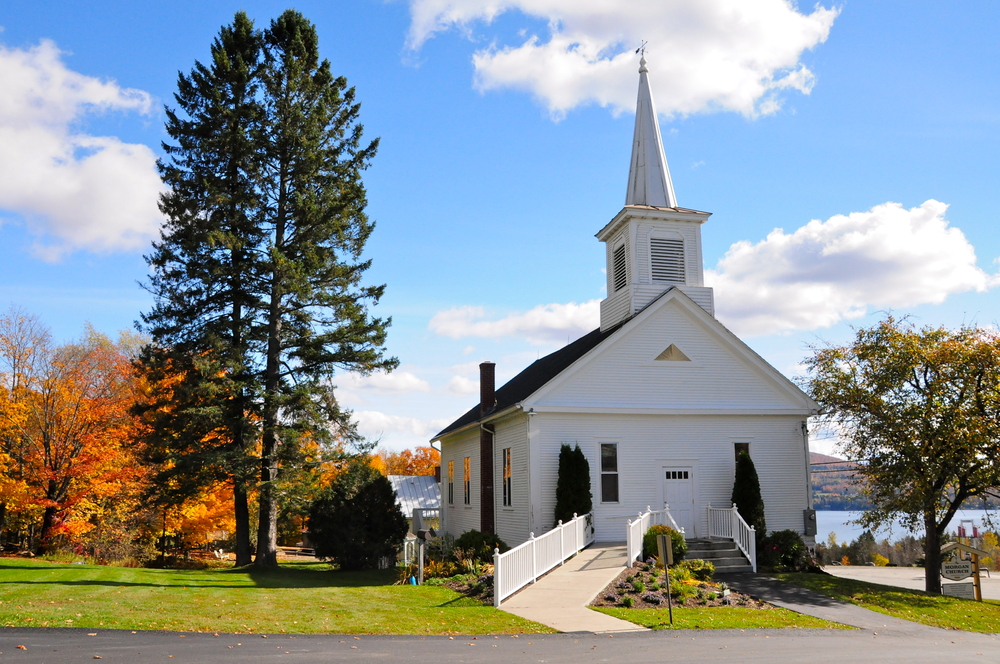On July 4, 1776, the Continental Congress officially endorsed the Declaration of Independence. Parades, public readings, and bonfires ensued. These spontaneous celebrations developed into the Independence Day traditions that Americans still enjoy today.
The United States has retained many of these festivities in the years since, yet it is worth considering how much of the framers’ actual philosophy has been preserved as well.
The United States was founded on the idea of liberty. As Thomas Jefferson famously declared in the Declaration of Independence, “We hold these truths to be self-evident, that all men are created equal, that they are endowed by their Creator with certain unalienable Rights, that among these are Life, Liberty and the pursuit of Happiness.”
The proximate cause of the American Revolution was to protect these rights among the colonists from infringement by Great Britain. But the ultimate goal was to create a society that protected these natural rights and liberties universally.
The founders understood, however, that liberty by itself cannot guarantee human flourishing. They recognized that religion is also necessary to realize the good life. One decade after the Declaration of Independence, Jefferson wrote the following in Notes on the State of Virginia:
God who gave us life gave us liberty. And can the liberties of a nation be thought secure when we have removed their only firm basis, a conviction in the minds of the people that these liberties are of the Gift of God? That they are not to be violated but with His wrath? Indeed, I tremble for my country when I reflect that God is just; that His justice cannot sleep forever.
Jefferson correctly saw that the liberties of a nation cannot be secure when religion is removed as the basis for those freedoms.
Writing in the early 19th century, the French political philosopher Alexis de Tocqueville also commented on the important relationship between religion and liberty. In Democracy in America, Tocqueville wrote that “American liberty was born in the bosom of religion and is still sustained in its arms.”
But what is it about religious belief that is so important for sustaining liberty and achieving a good life? Tocqueville again offers an answer:
America is still the place in the world where the Christian religion has most retained true power over souls; and nothing shows better how useful and natural religion is to man, since the country where today it exercises the most dominion is at the same time the most enlightened and most free. . . . At the same time that the law allows the American people to do everything, religion prevents them from conceiving of everything and forbids them to dare everything.
Thus, religion is critical to a free society because it provides the moral and ethical structure to guide people to act as they ought in a state where the government allows them to act as they want.
There are certain behaviors and ways of life, knowable through human reason, which are morally correct and necessary for full human flourishing. The most basic of these – such as the prohibition on homicide – are enshrined in civil law and are generally accepted. Others – such as the importance of family, local community life, and charity – are not fully recognized by the state, but are still critical to human flourishing.
In a free society that emphasizes personal liberty, it is not the government’s role to encourage or mandate these virtues. That is the proper role of true religion. Religion educates citizens and orders their lives towards the objective goods of civic and private life, away from the reach of the state. It’s not just that the state is incapable of providing this structure from a practical standpoint. To do so would require the state to unjustly impinge upon the freedom of its citizens. In conjunction with liberty, religion is necessary to secure these facets of the good life.
The decline in religious values in previous decades has contributed to many of the problems in the modern world. As church attendance has declined since the 1950s, American society has grown more lonely, more atomized, and more materialistic. Citizens are still free to do what they want, but religion no longer guides them to do as they ought: to prioritize family, to participate in local community, and to live virtuously.
Contrary to the vision of the founders, America has retained the liberty inherent to a free society, but is no longer sustained in the arms of religion, and that is a problem.
Which begs the question: How can the United States restore the symbiotic relationship between religion and liberty imagined by Tocqueville and the founders? One easy way is for citizens to return to church pews. Research indicates that greater civic engagement and personal fulfillment will follow from that decision. If people do not adopt this course, then alternative solutions will be necessary to restore a higher degree of virtue to American life (e.g., investment in local communities and family-oriented public policy).
The widespread adoption of a moral compass will make the United States truly free. A return to liberty and faith will allow America to celebrate future Independence Days in the spirit originally imagined by the founders.

